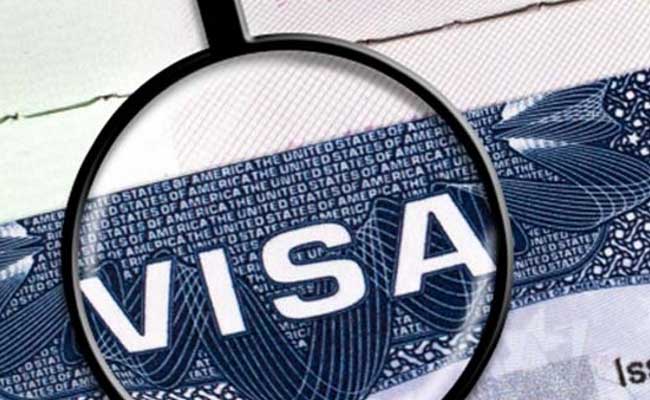“We have seen a systematic erosion of liberty and democracy in Hong Kong,” said British Foreign Secretary Liz Truss in a statement Wednesday. “Since the National Security Law was imposed, authorities have cracked down on free speech, the free press and free association,” she said, adding it was “no longer tenable” for her country’s judges to sit on the court.
The Hong Kong government did not immediately comment, but has consistently maintained that the judiciary remains independent even in the wake of the new law.
Currently, two British judges serve on the Court of Final Appeal. Both of them resigned from the Hong Kong court on Wednesday, in tandem with the British government’s announcement.
Hong Kong’s highest court, the Court of Final Appeal, is composed of permanent judges and other nonpermanent judges that can come from any Common Law jurisdiction. Hong Kong, a former British colony, inherited the common law system which it kept even after the 1997 handover to China under the “one country, two systems” framework.
Under that framework and under Hong Kong’s mini constitution, the courts are meant to be independent from political influence and from mainland China, which has underpinned Hong Kong’s appeal to foreign businesses.
Hong Kong under the “one country, two systems” framework had one of the most respected courts and judicial systems in Asia, seen to be free of interference unlike the judicial system of the mainland. Hong Kong is a center for arbitration, is home to many global law firms and top legal talent.
The withdrawal of the two British judges “are votes of no confidence to the whole political and legal environment after the National Security Law,” said Eric Lai, the Hong Kong Law Fellow at the Center for Asian Law in Georgetown University.
Common law jurisdictions include Australia, Canada and New Zealand, and judges from all those countries have sat on the Court of Final Appeal as nonpermanent judges. An Australian judge quit the top court in September 2020, citing the content of the national security law.
A handful of Australian and Canadian judges are now the only foreign judges left after the resignations Wednesday. The Canadian judge, former Supreme Court of Canada chief justice Beverley McLachlin, defended her decision to stay on in an interview with Canada’s National Post last August, calling the court “the last bastion of perhaps intact democracy” in Hong Kong.
Lord Robert Reed, who is also the president of Britain’s Supreme Court, said in a statement announcing his resignation Wednesday that the judges of the Supreme Court “cannot continue to sit in Hong Kong without appearing to endorse an administration which has departed from values of political freedom, and freedom of expression.”
Hong Kong was rocked by anti-government protests in 2019, sparked by fears that the legal firewall between the territory and mainland China was eroding through a bill that would allow extraditions between the two places. It spiraled into an all-out rebuke of China and Hong Kong’s government. In 2020, China bypassed Hong Kong’s legislature and passed a draconian new national security law that has since criminalized dissent and silenced and jailed the opposition.
The legal system has been a crucial part of this process, and judges now have to implement the China-drafted national security law, which among other things denies bail to suspects held on political crimes even before they are proven guilty. All of Hong Kong’s most prominent activists including media mogul Jimmy Lai, young protest leader Joshua Wong and others are in detention.
Jimmy Lai was denied bail by the Court of Final Appeal, and that bail precedent has applied to the scores of other political activists and former lawmakers. Many of Hong Kong’s key pro-democracy leaders — lawyers, LGBT activists, social workers and students among them — have been in detention for over a year as their trial under the new national security law drags on.
Britain’s decision comes after months of lobbying from British parliamentarians and activists who have argued since the passage of the new security law that foreign judges have no place on the court. Judges who oversee national security cases are handpicked, and can be replaced after one-year terms. They argued that these judges could not act as moderating forces, but were legitimizing the political repression there.
“For too long British judges have served as window dressing for the Chinese government’s brutal crackdown on all forms of political opposition in Hong Kong,” said Afzhal Khan, a member of the British Parliament and of the Inter-Parliamentary Alliance on China. “This announcement is welcome and long overdue.”
.png)











 English (United States) ·
English (United States) ·  Turkish (Turkey) ·
Turkish (Turkey) ·